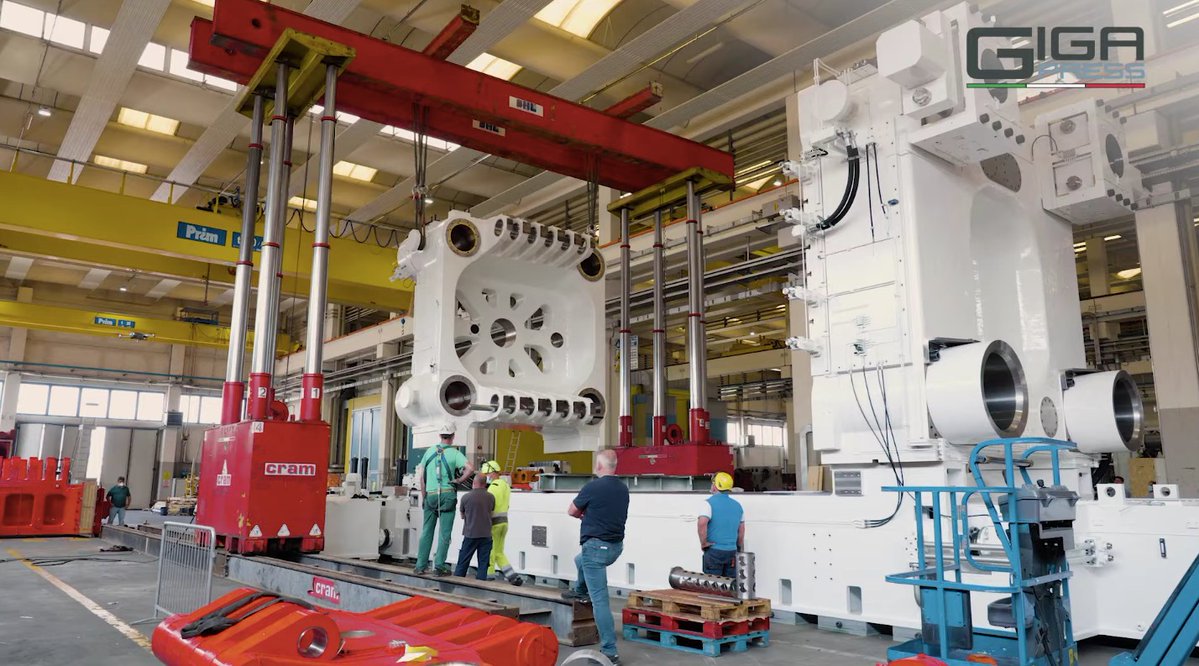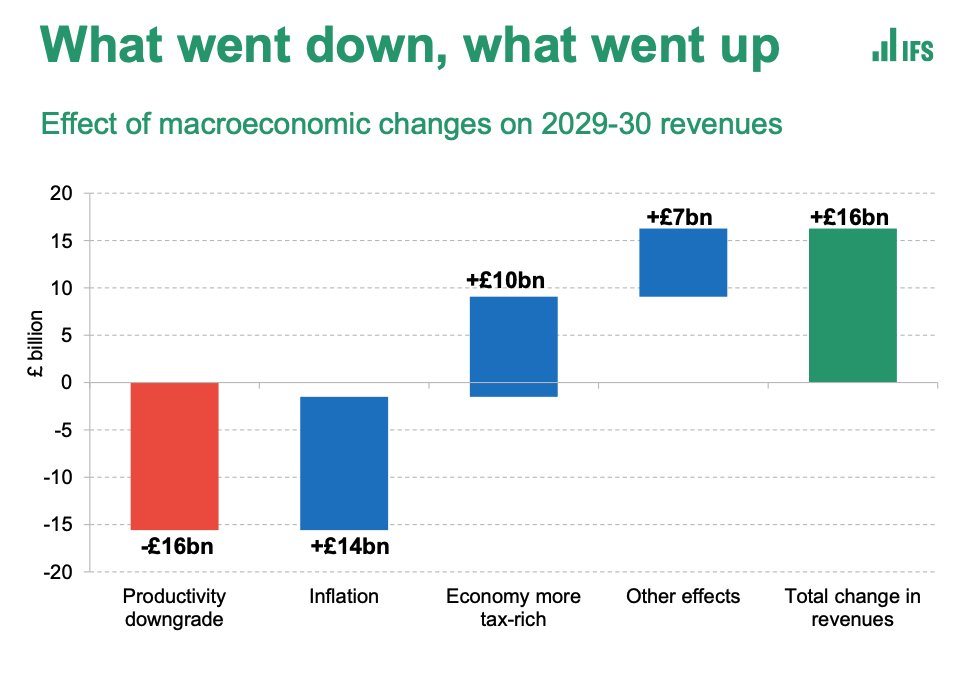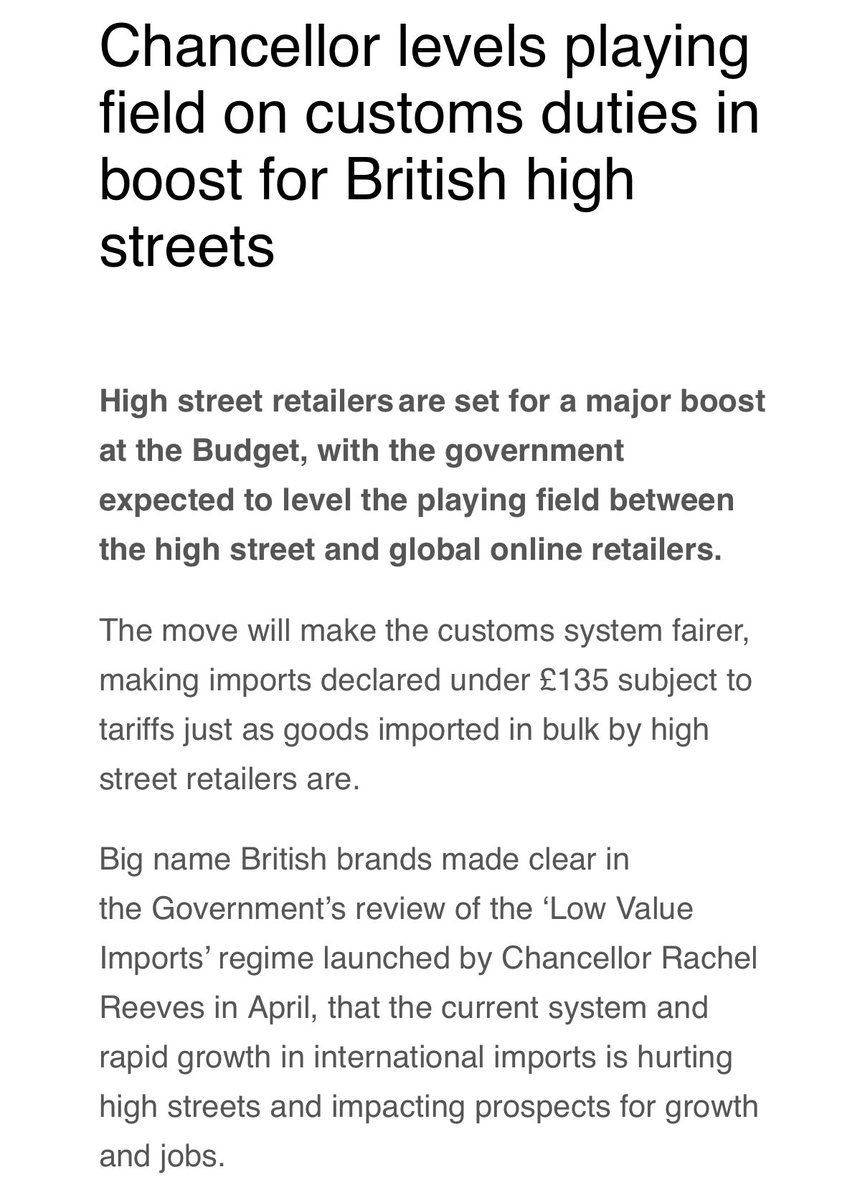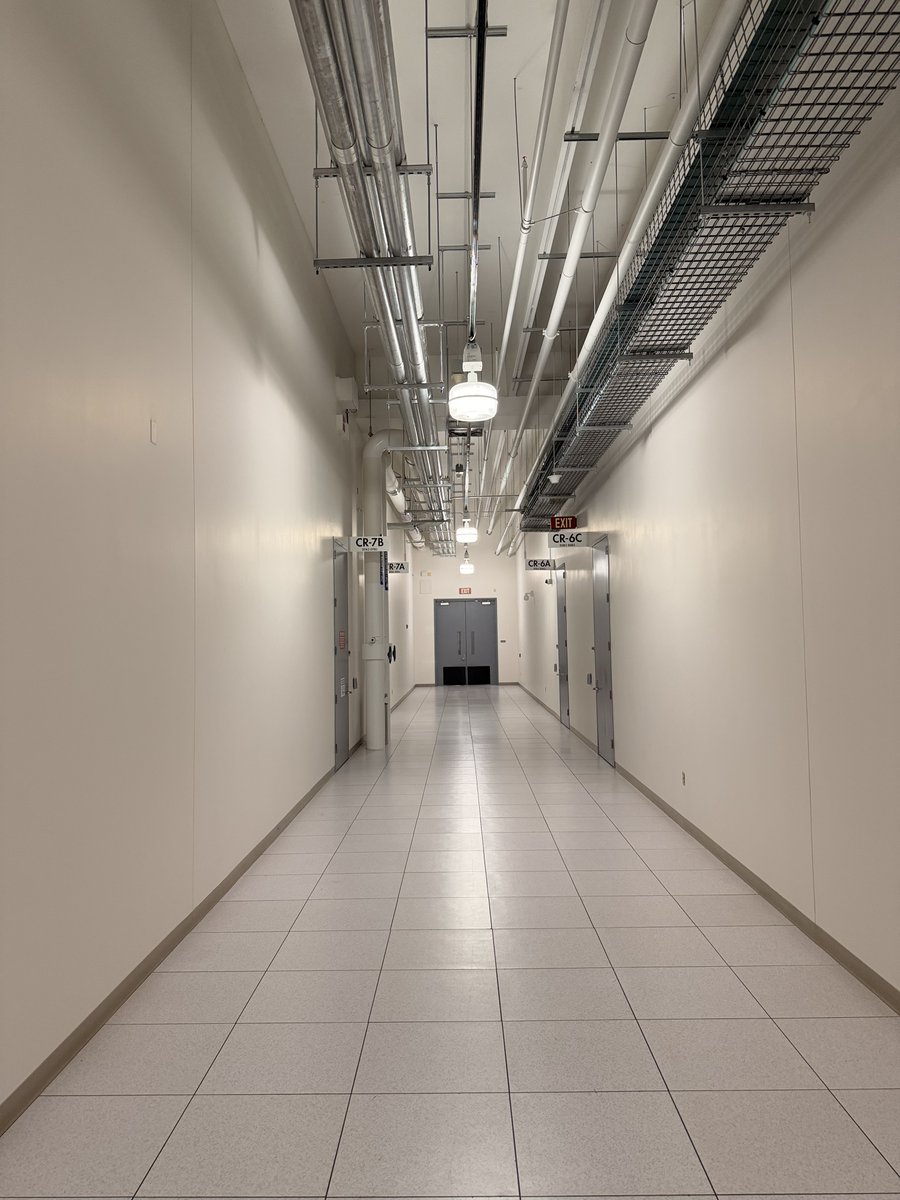In their costings document Labour have quietly increased their estimate of how much British Broadband will cost to run. Now £579m a year in cash terms. They were previously saying £230m but they now admit that was an NPV value (so a bit meaningless for the pub finances) 

Labour have, to their credit, provided the costings for their manifesto. LibDems did too. Wonder if the Tories will (they didn't last time around)? Below are Labour's spending and revenue totals. Full doc labour.org.uk/wp-content/upl… We'll be breaking it down in today's #CampaignCheck 



Pretty crucial footnote in Labour's manifesto costings document. Whlie they say nationalisations will be "fiscally neutral", the small print here admits that they might actually cost money... 

For reference, Labour are planning on spending much more than the LibDems. LibDems promised 62.9bn spending. BUT 12.5bn of that was recycled from the spending round. Labour are proposing spending £82.9bn ON TOP of the existing spending round commitments. So: a LOT
Labour predict their income tax rise on the wealthiest will only raise barely half of what it might have - presumably because people will work less or move abroad. In theory it should raise £11.4bn. In practice only £5.4bn. Not clear how much of that is Scotland... 

Labour should be commended for providing far more detail about how they work out their numbers than last time around. You might disagree with them (are Britons really likely to react to higher taxes much as the Scandanavians do?) but at least the assumptions are there in the open 





• • •
Missing some Tweet in this thread? You can try to
force a refresh














